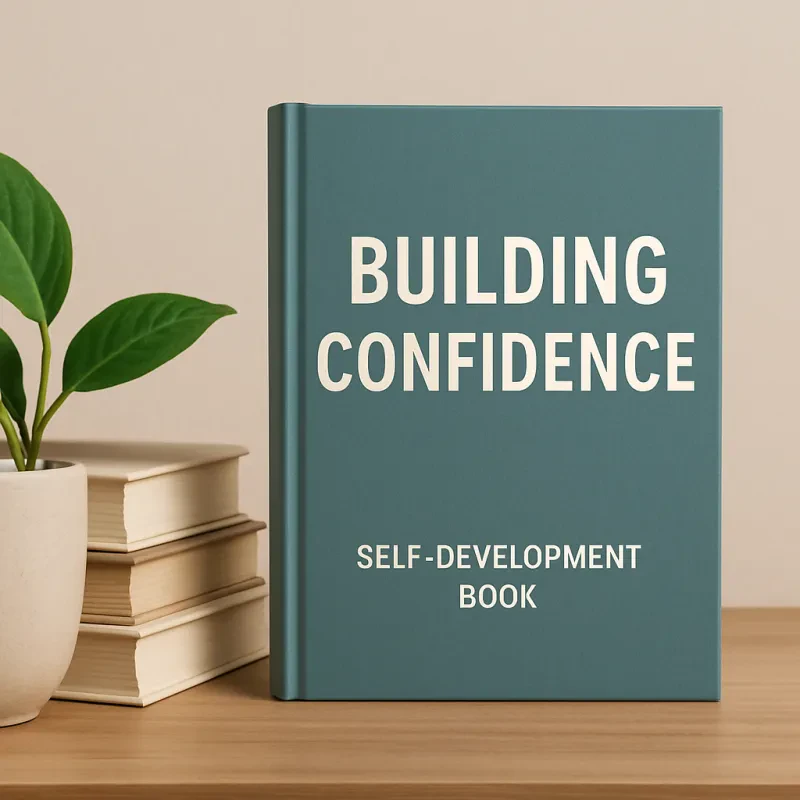I Am a Pillar of Strength: Unlocking Your Inner Resilience
Overcoming challenges is part of life. Picture this: It’s a rainy day, and your world feels heavy. You’ve lost a job or faced a heartbreak. Yet, somehow, you find yourself pushing through. This moment reveals the incredible power of inner strength. Recognizing that power is crucial for navigating life's ups and downs. In this article, we will explore resilience, strategies for building it, and the significance of support systems in our journey.
Understanding Resilience: The Building Blocks of Strength
Defining Resilience
Resilience means bouncing back from tough situations. According to psychology, it's the ability to adapt and recover from stress. This quality allows us to cope with life's challenges effectively.
Measuring Resilience
Are you curious about your own resilience? Consider using self-assessment tools. Questionnaires like the Connor-Davidson Resilience Scale can help you identify your strengths and areas for improvement. These measurements reveal how well you manage stress, allowing personal growth.
The Science of Resilience
Research shows that resilience involves both neurological and psychological processes. Neuroplasticity, the brain’s ability to change, plays a vital role in our capacity to adapt. Studies suggest that nearly 75% of people experience stress regularly. Understanding this can motivate you to build resilience, as it directly affects our mental health.
Cultivating Inner Strength: Practical Strategies
Mindfulness and Self-Awareness
Mindfulness helps manage stress and enhance self-regulation. Simple practices like deep breathing or meditation can make a big difference. Try apps like Headspace or Calm for guided sessions.
Positive Self-Talk and Affirmations
What do you tell yourself when times are tough? Positive self-talk can transform your mindset. Use affirmations like, “I am strong,” or “I can handle this.” Repeating these phrases strengthens self-belief and resilience.
Setting Realistic Goals and Expectations
Avoid burnout by setting achievable goals. Break larger tasks into smaller steps. This method keeps motivation high and stress low. Consider using the SMART criteria: Specific, Measurable, Achievable, Relevant, Time-bound to guide your goal-setting process.
Overcoming Adversity: Real-Life Examples and Lessons Learned
Case Study 1
Consider someone like J.K. Rowling. Before her success, she faced numerous rejections from publishers. Instead of giving up, she persevered. She attributes her resilience to a strong belief in her story. “Rock bottom became the solid foundation on which I rebuilt my life,” she said. This mindset exemplifies the strength we can cultivate.
Case Study 2
Think of Nelson Mandela, who spent 27 years in prison. His unwavering spirit and commitment to justice show remarkable resilience. After his release, he became the first Black president of South Africa, proving that resilience leads to extraordinary outcomes.
Learning from Failure
Failure isn’t the end; it can be a learning opportunity. When setbacks occur, reassess and view them as lessons. This mindset fosters growth and prepares you for future challenges.
Building a Support System: The Power of Connection
The Importance of Social Connection
Strong relationships can boost resilience. Studies show that people with robust support networks experience lower stress levels. Remember, isolation can worsen mental health, so connect with others regularly.
Seeking Professional Help
Sometimes, you might need professional guidance. Therapists and counselors can provide tools to navigate complex feelings. If you feel overwhelmed, don’t hesitate to reach out for support.
Cultivating Healthy Relationships
Invest time in nurturing relationships with family, friends, and colleagues. Open communication and shared experiences strengthen these bonds, creating a solid support system.
Maintaining Long-Term Resilience: A Lifelong Journey
Self-Care Practices
Prioritizing self-care is crucial for resilience. Regular exercise, nutritious eating, and adequate sleep are essential. Schedule activities that recharge you, whether it's a walk in nature or curling up with a good book.
Continuous Learning and Growth
Growing through experiences fosters resilience. Commit to lifelong learning by exploring new skills, hobbies, or knowledge. This commitment keeps you adaptable in the face of change.
Embracing Change and Uncertainty
Life is full of surprises, both good and bad. Embrace change with an open mind. Techniques like journaling your thoughts can help you process emotions during uncertain times.
Conclusion: Embracing Your Inner Strength
Resilience is a vital skill for a fulfilling life. By understanding its foundations, implementing strategies, and building supportive connections, you can thrive despite challenges. Embrace your inner strength and remember, hardships can lead to personal growth. Your resilience journey is ongoing, and every step you take strengthens your foundation for a brighter future. Embrace the power within you!



